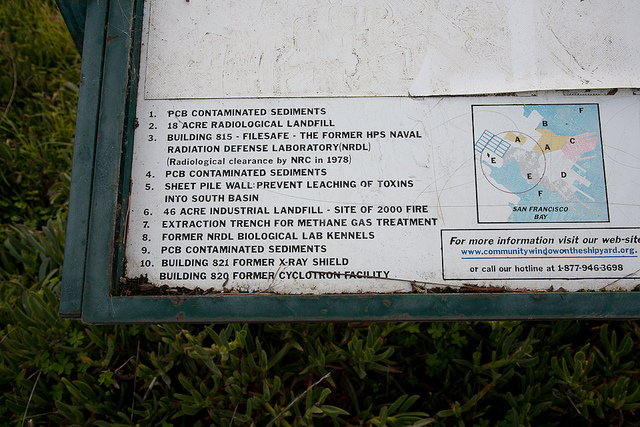Environment
Wolves: Their Own Worst Enemy?
|
Wolves may be in the crosshairs as the Alaska Board of Game debates predator control measures statewide — but a new report finds that the controversial carnivores may be their own worst enemy. A wolf cull is, for some, “a good thing,” notes the Anchorage Daily News; “for others, it is very bad.” Alaska’s aerial predator-control program, not to mention hunting and trapping by licensed citizens, claim about 1,250 wolves annually, reports the Fairbanks Daily News-Miner. However, studies by wildlife biologists in Denali National Park show that “at least” 60 percent of dead wolves are killed, and sometimes cannibalized, by other wolves from rival packs. The National Park Service monitors the area’s 18 wolf packs with the help of radio collars placed on the alpha male and female pairs of each pack — the animals most likely to be killed in a territorial battle.


